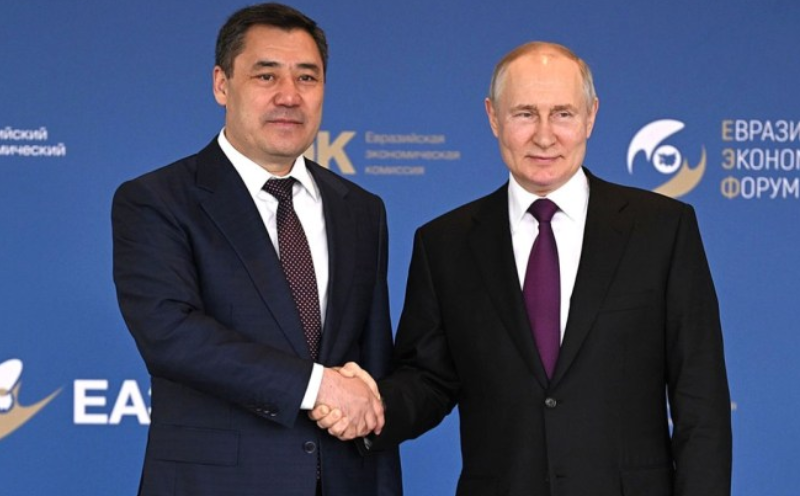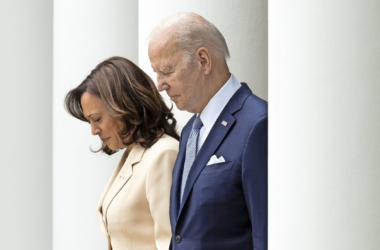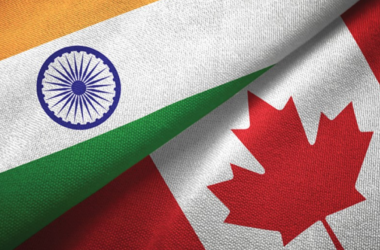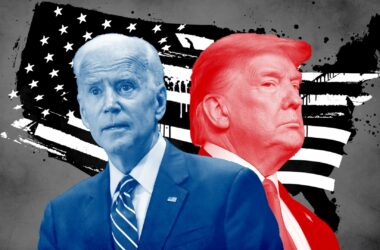Russian President Vladimir Putin embarked on his first foreign trip since the International Criminal Court (ICC) issued an arrest warrant for him in March, visiting Kyrgyzstan, a Central Asian nation with deep-rooted ties to Moscow. This strategic visit carried political significance, as Putin marked the 20th anniversary of the establishment of Russia’s Kant military airbase near Bishkek, Kyrgyzstan’s capital. The Kant military airbase plays a crucial role in Moscow’s ability to project power in the region. Putin’s visit coincided with military exercises held by a Russian-led security bloc in Kyrgyzstan, emphasizing Russia’s commitment to regional security.
Putin’s visit was centered around commemorating the two-decade anniversary of the Kant military airbase’s establishment. He highlighted the airbase’s significance in strengthening Kyrgyzstan’s defense capabilities and enhancing security in Central Asia. Moreover, Putin expressed intentions to further expand Moscow’s military and defense ties with Kyrgyzstan, consolidating Russia’s influence in the region.
During meetings with Kyrgyz President Sadyr Japarov, Putin underscored Russia’s role as the largest investor in the Kyrgyz economy. Both leaders acknowledged the importance of their countries’ strategic partnership and alliance. The trade partnership between Russia and Kyrgyzstan has seen substantial growth, with trade turnover reaching record highs. Western observers have raised concerns that intermediaries in Kyrgyzstan might facilitate sanctions-busting by Russian businesses, potentially contributing to the surge in trade.
Putin’s visit was symbolically timed as he traveled to Kyrgyzstan amid a challenging period for Russia’s influence in some former Soviet republics, particularly Armenia. Russia’s interest in Central Asia, underscored by the military exercises and the Kant airbase, signifies its determination to maintain its political clout in the region.
After his Kyrgyzstan visit, President Putin is scheduled to attend the third Belt and Road Forum in China, emphasizing Russia’s interest in collaborating on economic projects and infrastructure development within the framework of China’s Belt and Road Initiative. It’s worth noting that neither Kyrgyzstan nor China are members of the ICC, which holds significance in the context of Putin’s ongoing legal challenges.
President Putin’s diplomatic journey to Kyrgyzstan carried profound significance, as it marked his first foreign trip after the ICC arrest warrant. The visit, commemorating the Kant military airbase’s anniversary, reaffirmed Russia’s commitment to strengthening its military and defense ties in Central Asia. Additionally, Putin’s focus on enhancing trade relations with Kyrgyzstan and his upcoming participation in the Belt and Road Forum in China underscore his dedication to advancing regional cooperation and economic development. Putin’s diplomatic efforts will likely continue to shape Russia’s relationships with both Kyrgyzstan and other nations in the region, showcasing the evolving dynamics of Russia’s foreign policy.








